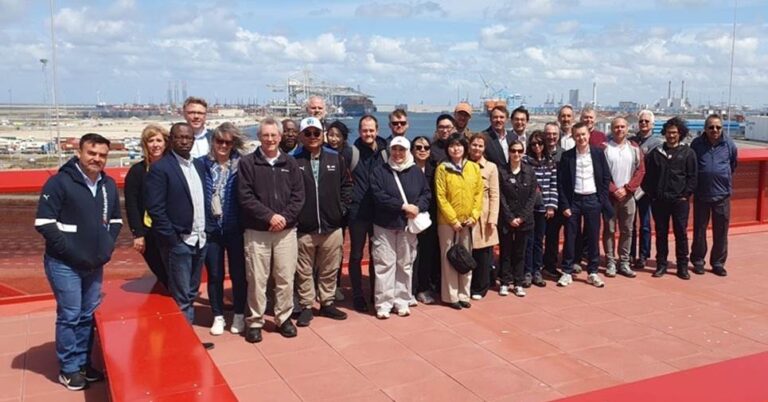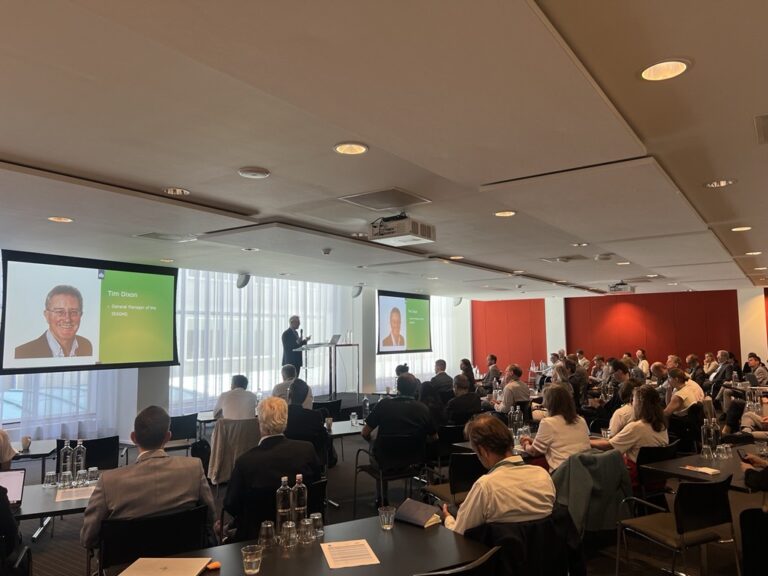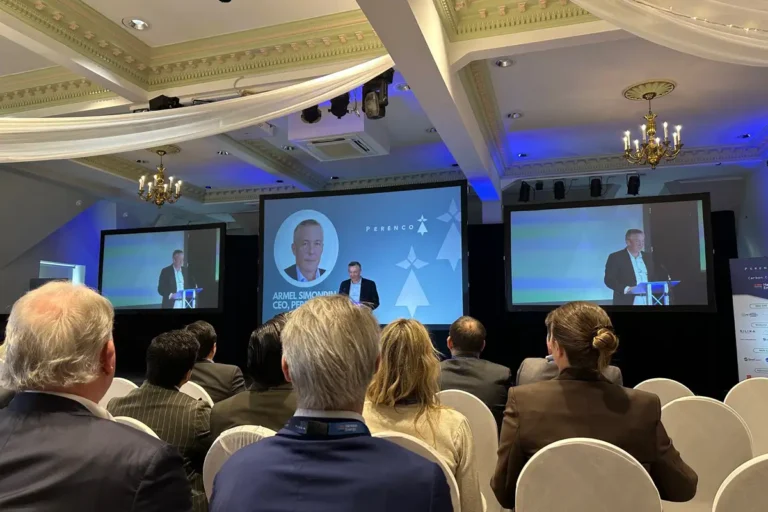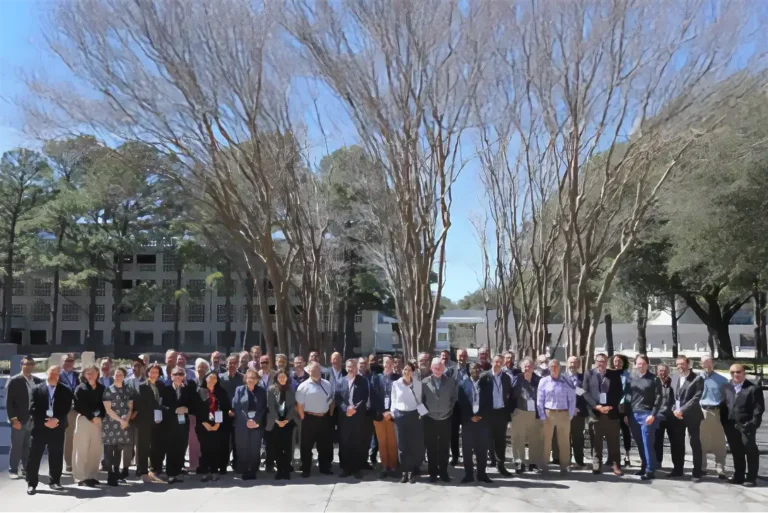
Public acceptance of CCUS technologies facing challenging crossroads
30 November 2020

 Tomakomai CCS Demonstration Centre, Japan
Tomakomai CCS Demonstration Centre, Japan
At a time where CCUS has been high on the UK news agenda following the Government’s publication of its green ten point plan, it’s largely unclear what the UK public’s understanding and acceptance of the technology is. But it’s widely accepted that CCUS will be necessary to meet the UK’s climate goals. The IEA noted back in September 2020 that it would be “virtually impossible” to meet net zero energy targets without deploying CCUS technologies.
Organised under the auspices of the IEA Experts’ Group on R&D Priority-setting and Evaluation (EGRD), the Swiss Federal Office of Energy hosted a webinar on 24 November examining Energy Infrastructure: Public Acceptance.
Of particular interest in the webinar from a CCUS perspective, was a presentation from Prof. Dr. Kenshi Itaoka, Kyushu University in Japan. Dr Itaoka took a closer look at Social Acceptance of New Energy Technology in Japan: CCUS and Hydrogen Energy.
Dr Itaoka noted an interesting conclusion of some public research conducted by Kyushu University in 2019; that the majority of respondents had never heard of CCUS technology, highlighting the challenges for stakeholders involved with CCUS in Japan.
CCUS deployment in Japan is nascent, with the Tomakomai project on Japan’s Hokkaido island being considered a small-medium demonstration project. No large CCS projects are currently planned – despite the valued importance of CCS working towards net zero goals.
Next Dr Itaoka looked at public support of different energy technologies. Responses for CCUS noted a clear position from respondents, with the majority being unsure if it should be used. Wind and solar energy was the most accepted type of technology by the public. When considering the possibility of implementing CCS as part of a climate policy portfolio, the respondents were more neutral. But the public were neutral or favourable about implementing CCS in general. Dr Itaoka looked at data from a public survey conducted by Kyushu University in 2014 to reach these conclusions. He also noted there was no comprehensive national roadmap for CCUS, with no clear policy signal for CCS deployment.
The survey noted the public was neutral or negative about implementing CCUS near to people’s home. But if CCUS is part of a climate policy portfolio, source trustworthiness was the most influential factor, with perception of risk also proving influential.
Returning to the Tomakomai project, he noted that it had been accepted in the local area. This was due to several factors including Tomakomai’s natural gas extraction history, meaning people were familiar with geological exploration activities. Intensive stakeholder engagement was conducted prior to the project starting, helping build a positive reaction. He concluded that community acceptability may depend on local characteristics.
Finally he looked at consumer activeness in the new energy market. Although a large proportion of consumers were indifferent to new market products, many could see economic and environmental positives.
There were clear policy signals on the promotion of hydrogen energy technologies; particularly the comprehensive national roadmap which was published in 2019: “The Strategic Road Map for Hydrogen and Fuel Cells”. Governmental communications such as this were seen as a key measure in sending out clear policy signals. In contrast, there was no national roadmap for CCUS at present, hindering public acceptance of the technology.
Dr Itaoka concluded that most of the Japanese public were unaware of CCUS, and those that were aware of it were largely neutral to the technology. They were positive towards promoting CCS in general as part of a climate portfolio, but neutral or negative when it came to implementation. He noted that clear policy signals were necessary for larger scale CCUS deployment. On a positive note, it appeared that when the public were consistently engaged with, and had CCUS technology explained to them, they were more likely to be neutral or positive about the technology.
Dr Itaoka’s presentation provided a very interesting insight into the challenges faced by CCUS stakeholders in Japan, and it was clear that the challenges are similar to those faced in the UK, and around the rest of the world. There is still much work to do to convince the public of the positives of CCUS – and its importance in reaching global net zero goals – and it will take government, private sector and research and development consultancies to work together comprehensively to achieve this.
Other articles you might be interested in
Get the latest CCS news and insights
Get essential news and updates from the CCS sector and the IEAGHG by email.
Can’t find what you are looking for?
Whatever you would like to know, our dedicated team of experts is here to help you. Just drop us an email and we will get back to you as soon as we can.
Contact Us NowOther articles you might be interested in
Get the latest CCS news and insights
Get essential news and updates from the CCS sector and the IEAGHG by email.
Can't find what you are looking for?
Whatever you would like to know, our dedicated team of experts is here to help you. Just drop us an email and we will get back to you as soon as we can.
Contact Us Now









